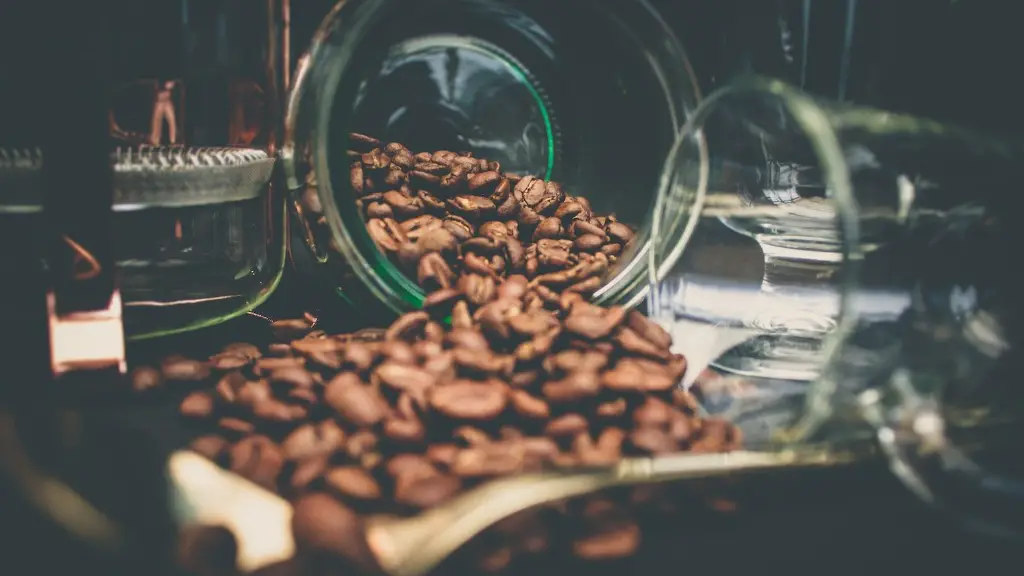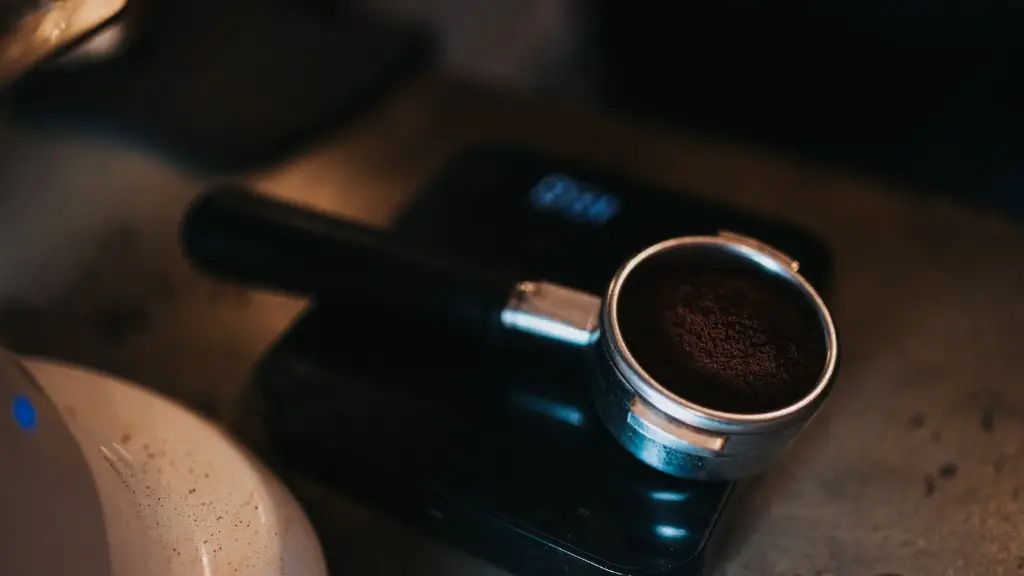Caffeine Intake
Coffee is one of the most commonly consumed beverages in the world. Its high caffeine content makes it especially popular as a stimulant. Although coffee may have some health benefits, it also has potential drawbacks, as it can interfere with various tests, including testosterone tests. It is important to be aware of this if you are scheduled to have one.
Blood tests can assess testosterone levels, and the results of these tests can help diagnose certain health problems, such as hypogonadism and androgen deficiency. Recently, there has been an upsurge in the popularity of testosterone – boosting supplements and dietary strategies. Consequently knowing your testosterone level has become increasingly important.
The main source of caffeine is coffee, but it can also be found in tea, energy drinks, chocolate and many other foods. Caffeine affects the hormone levels in our body and can make it difficult to get accurate results from certain tests, such as the testosterone test. This is why it is advised to avoid consuming caffeine before taking the test.
When caffeine is present in our body, it stimulates the release of catecholamines, which are hormones responsible for regulating our energy levels. When catecholamines are released, the testosterone level in the blood can be affected. This can lead to inaccurate results of a testosterone test.
It is recommended to refrain from consuming any caffeine-containing products the day before the test, as it can take up to twelve hours for the effect of the caffeine to wear off. Furthermore, some studies have shown that even stopping caffeine intake 24 hours before the test can affect the results.
It is also important to mention that different people have different levels of tolerance towards caffeine. Therefore, it is advisable to avoid taking the test if you have consumed caffeine recently and the test results may be skewed. There are also some medications that contain caffeine, such as certain energy supplements and pain relievers, so it is important to consult your doctor if you are taking any of these.
Alcohol Intake
Alcohol may also interfere with the results of a testosterone test, as alcohol affects testosterone production in the body. It may take up to 48 hours for the effects of alcohol to wear off so it is important to avoid any kind of alcoholic beverages the day before the test.
Consuming more than two drinks per day may lead to lower testosterone levels. Therefore, it is important to abstain from drinking for at least two days before taking the test. This is because the results of the test may be skewed and the doctor may not be able to get an accurate diagnosis.
It is important to remember that the body requires time to process alcohol and its effects. Therefore, it is not recommended to consume any alcohol at least 12-24 hours before the test. Furthermore, alcohol consumption can have other effects on the body and can affect other tests as well, such as those conducted to check liver function.
Medication
Certain medications and dietary supplements can also affect testosterone levels. Most of these medications and dietary supplements are related to performance-enhancing activities or muscle growth. Some of these medications or dietary supplements include anabolic steroids, human chorionic gonadotropin (hCG), and other testosterone enhancers.
It is important to inform your doctor if you are taking any of these medications or supplements, as these can interfere with the results of a testosterone test. Furthermore, certain medications and supplements may affect other tests as well, such as liver function tests.
It is advised to avoid taking any medications or supplements 12-24 hours before the test. Furthermore, some medications can take a few weeks to completely leave your body, so it is important to inform your doctor if you are taking any such medications or supplements.
Dietary Restrictions
Apart from avoiding alcohol and medications, it is important to follow a balanced diet before taking a testosterone test, as certain foods can also affect the results. For instance, high-fat foods can increase testosterone levels and lead to incorrect results. In addition, avoiding sugary and processed foods is recommended, as these can cause a spike in insulin levels, which can also alter the results of a testosterone test.
It is important to keep in mind that having a balanced diet can help ensure that the results of your testosterone test are accurate. Consuming foods such as fruits, vegetables, and lean proteins can help keep the levels of testosterone in your body in balance.
Get Enough Sleep
Getting enough sleep is also important before going for a testosterone test. Lack of sleep can lead to an increase in stress hormones, which can interfere with the results of the test. It is important to get at least 7-8 hours of uninterrupted sleep the night before a testosterone test.
To ensure that the test results are accurate, it is also important to make sure that you are well rested. This can help keep your cortisol levels in check and ensure that the results of your testosterone test are accurate.
Avoid Stress
Stress can also have an effect on the results of a testosterone test. Excessive stress hormones, such as cortisol, can lead to lower testosterone levels. This can affect the results of a testosterone test. Therefore, it is important to try and reduce stress levels before a test.
To reduce stress levels before a testosterone test, it is important to practice relaxation techniques, such as deep breathing and meditation. Other stress-reducing activities, such as yoga and tai chi, can also help reduce stress levels and ensure that the results of the testosterone test are accurate.
Hydrate
It is also important to stay hydrated before taking a testosterone test, as dehydration can affect the results. It is important to drink enough water before the test so that your body is properly hydrated.
It is also important to note that caffeine can have a diuretic effect, meaning that it can make you urinate more. This can lead to dehydration, which can in turn affect the results of a testosterone test. Therefore, it is advised to limit caffeine intake before the test.
Finally, it is important to talk to your doctor about any medications, supplements, and dietary strategies that you are following, as these can affect testosterone levels. Knowing your testosterone level is important for assessing potential health concerns, so it is important to make sure that the results of the test are as accurate as possible.





